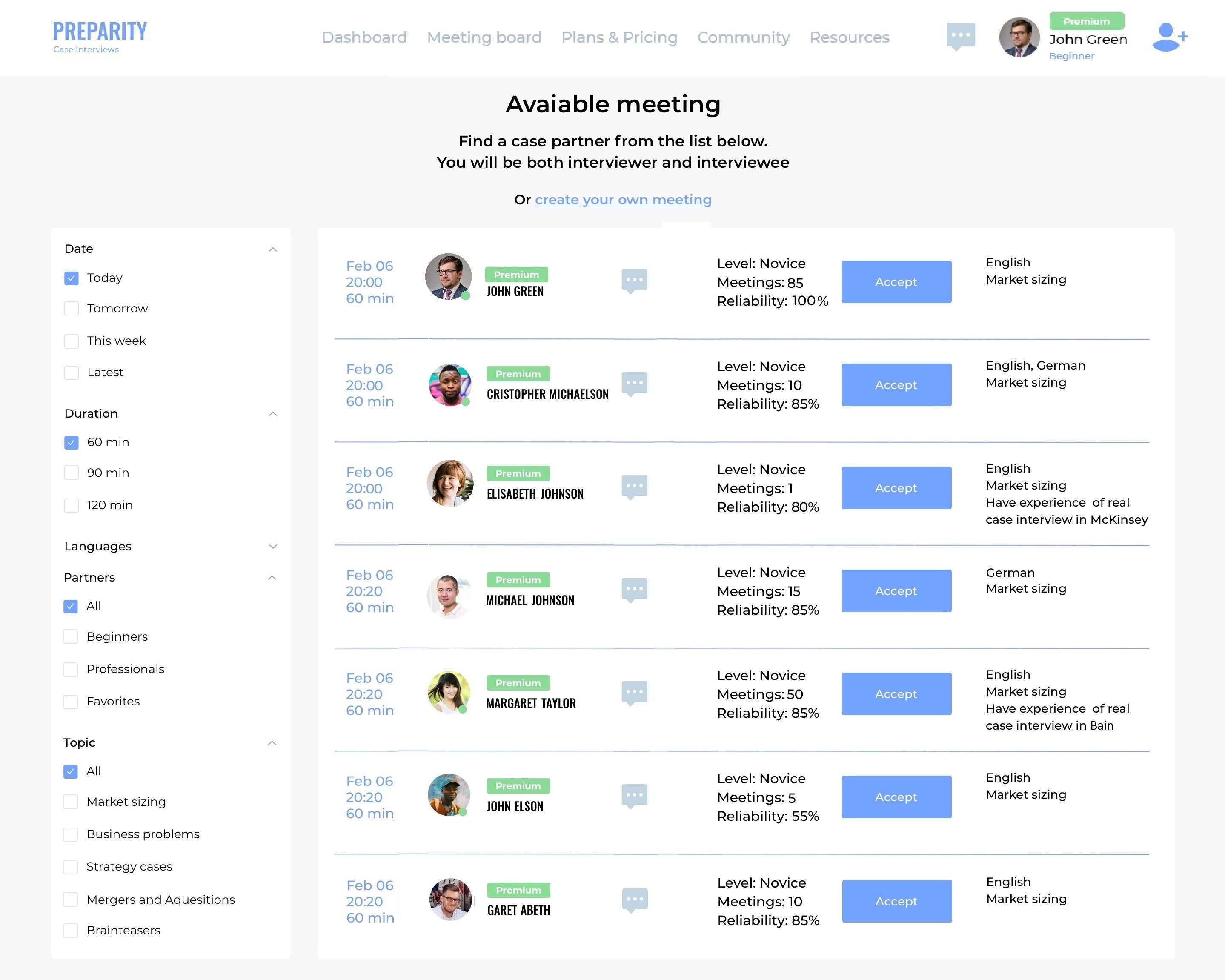
You might be curious about the requirements for a career as a financial consultant. Make sure you research the qualifications, work environment and salary of your ideal candidate before you submit a job application. You can post your job opening for free with sites like Monster.com. Here are some suggestions for creating a compelling job description for financial consultants. Creating a good description will help you attract the right candidates.
Qualifications
Financial consulting jobs require a bachelor's in finance or another related field. Certification is also helpful for improving your career prospects. Additionally, master's degrees are a valuable asset. They strengthen resumes and demonstrate advanced academic learning. You can learn more about the qualifications and degrees required to enter this fast-growing profession. Qualifications for financial consulting jobs vary from one firm to another, so you should be sure to check the requirements of the position.

Salary
Financial consultants are experts in tax, accounting, risk management, monetary operations, and other areas. They are also called management consultants. Their roles are covered by larger audit firms. They use financial data to come up with solutions for clients and present plans to improve business processes. The average salary for a financial consultant is different in each city. The following five jobs usually pay more than what is the national average.
Work environment
While a career as a financial advisor can be very rewarding, it is also full of challenges. As a financial advisor, you will have to analyze data and create plans for clients. Also, you'll need to be able think critically in order to analyze a client’s financial situation and make suggestions that can improve it. Financial consultants might also look into different financial products or services to offer their clients. As a networker, you'll also need to be skilled.
Requirements
A bachelor's degree is required to work as a financial consultant. While you won't necessarily need to be licensed for selling securities, you might find that this can help your career prospects. You can also obtain additional certifications that will enhance your earnings potential and boost your resume. It depends on the type and level of financial consulting you want, but you might also like to take an introductory economics class.

Salary range
According to U.S. Bureau of Labor Statistics' May 2011 Occupational Employment Statistics report on financial consultants, the median national annual wage was $66,580. The lowest 25% of financial professionals earned $43,160, while the highest 10% earned more than $1118,880 annually. Simply Hired reported a $104,000 average annual salary for senior financial advisors in June 2012. Consultants make their money by managing clients' assets and collecting fees to provide their services like financial planning.
FAQ
How much should a consultant charge?
It depends on what you are offering. It doesn't matter if you offer services at no cost. But if your services or products are for sale, you will need to establish prices that reflect their value.
If you are providing low-quality services, then you don't have anything to sell. So why would anyone pay any money for your services.
If you're providing high-quality services you might ask for a greater price. Because people are aware of the value you provide, they will be more willing to pay you a higher rate. Customers who buy multiple services from you may qualify for discounts.
Do I need legal counsel?
Yes! Yes. Many consultants will create contracts for clients without seeking legal advice. However, this can lead to problems down the road. What happens if a client terminates the agreement after the consultant's completion deadline? Or, what happens if the consultant doesn't meet the deadlines set forth in the contract?
To avoid any problems, it's best that you consult a lawyer.
What is a consultant?
A consultant is someone who offers services to others. It's not a job title. A consultant is a role that helps others achieve their goals. You do this by helping them understand their options and helping them make the right choices.
Consultants can help you solve problems or overcome challenges when working on projects. They offer guidance and advice about how to implement such solutions.
Any questions you have about business, technology and finance, leadership or strategy, human resource management, customer service, customer service, or any other topic, a consultant can answer them.
Why would a company want to hire a consultant for their business?
Consultants provide expert advice on how to improve the performance of your business. Consultants are not there to help you sell products.
Consultants help companies make better business decisions through sound analysis and suggestions for improvement.
Consultants often work closely with senior management teams to help them understand what they need to do to succeed.
They offer leadership coaching and training to help employees reach their full potential.
They may advise businesses on reducing costs, streamlining processes, and increasing efficiency.
What are the benefits to being a consultant?
Consultants are able to pick when and where they want to work.
This allows you to work wherever and whenever you want.
It also means you can easily change your mind without worrying about losing money.
Finally, you are able to manage your income and make your own schedule.
Statistics
- Over 50% of consultants get their first consulting client through a referral from their network. (consultingsuccess.com)
- According to statistics from the ONS, the UK has around 300,000 consultants, of which around 63,000 professionals work as management consultants. (consultancy.uk)
- WHY choose me: Why your ideal client should choose you (ex: 10 years of experience and 6-week program has helped over 20 clients boost their sales by an average of 33% in 6 months). (consultingsuccess.com)
- 67% of consultants start their consulting businesses after quitting their jobs, while 33% start while they're still at their jobs. (consultingsuccess.com)
- So, if you help your clients increase their sales by 33%, then use a word like “revolution” instead of “increase.” (consultingsuccess.com)
External Links
How To
What is a typical day for a consultant?
The type of work that you are doing will affect the typical day. However, the majority of your day will consist of research and planning, meeting clients and preparing reports.
You'll often have meetings with clients where you can discuss issues and solve problems. These meetings may be over the phone via email, on-line, or face-to–face.
The proposal is a document that outlines your ideas and plans to clients. You'll need to discuss your proposals with a mentor, colleague, or friend before you present them.
After all the planning and preparation you will have to put your efforts into creating some content. You could write articles, design websites, edit photos or conduct interviews.
Depending on the scope of the project, you may need to do some research in order to gather relevant statistics or figures. For example, you may need to find out how many customers you have and whether they are buying more than one product or service.
Once you have all the information needed, it is time for clients to see your findings. Your findings may be delivered orally, or written.
You must also follow up with clients following the initial consultation. You might contact them regularly to check on their progress or send them emails to confirm they have received your proposal.
This is a long process that can take some time. However, it is crucial to stay focused and to maintain good relationships.